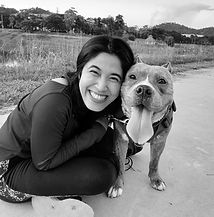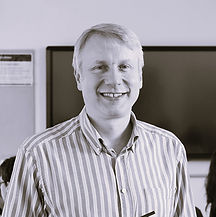

Welcome
Welcome to The Search for New Stories to Live By, a free online course in econarrative and ethical leadership. This course is for anyone who is aware of the trajectory of society towards collapse under ever-growing inequality and environmental destruction, and who wants change at the only level that can make a difference: finding new stories to live by. It is a self-study course where you work your way through the eight parts, watching video talks, reading notes, completing exercises and looking through the detailed PowerPoint slides. When you finish, you can apply for a free certificate. Register to receive a password that unlocks the whole course. Educators are welcome to use the materials for their courses, and advice on teaching can be found in the extra materials section. Click Back to home > to start the course.
The course
In this course, ethical leadership is defined as shaping how others perceive themselves and the society around them based on an ecological vision. We can all be ethical leaders, whether leading our lives, our families, our communities, our companies, or our countries. All we need is a clear ethical vision, critical awareness of the stories that underpin our unsustainable society, the ability to seek out new stories to live by, and to communicate those stories in inspiring ways. In the course we examine the use of narratives by ethical leaders who are doing just that. They include community elders, writers, poets, activists, campaigners, scientists and politicians, and all of them are storytellers in one way or another. We will examine the stories they tell and how they tell them, seeking out ways of imagining a radically different society and bringing that society into being.
Where the course comes from
The course has been created by Arran Stibbe, professor of narrative ecology, based on his 2024 book Econarrative: ethics, ecology and the search for new stories to live by (Bloomsbury), working with a team of colleagues at the University of Gloucestershire and a wider international team as part of the CLADES project (Critical Language Awareness, Democratic Engagement and Sustainability). CLADES is funded by the European Commission under the Erasmus+ programme. The course follows the successful free online course in ecolinguistics, The Stories We Live By.

You are very welcome to use these materials for self-study, in your teaching, research, or for other non-profit purposes. However, please do not make them publicly available online since some sections include third-party copyright materials. You can download our policy which outlines how we deal with third-party material by clicking here.
Copyright

Jittimaporn Tonjumpa
Jittimaporn Tonjumpa is a PhD student working on the discursive construction of dogs.

Dr Jessica Hampton
Jessica Hampton is a Lecturer in English Language and Linguistics at the University of Liverpool.

Dr Yana Vermenych
Yana Vermenych is a visiting researcher in the area of ecolinguistics and environmental film.

Dr Wei Zhouping
Wei Zhouping is a visiting researcher in the area of ecolinguistics, AI and ecocriticism.

Jorge Vallego
Jorge Vallego is an independant AI consultant working on the H4rmony project.
The Course Development Team

Prof Arran Stibbe
Arran Stibbe is professor of Narrative Ecology.

Dr Helen Moore
Helen Moore is an associate lecturer, ecopoet, socially and ecologically engaged artist and writer.

Martina Russo
Martina Russo is a visiting scholar, and is completing a PhD in enchantment at Bologna University.


